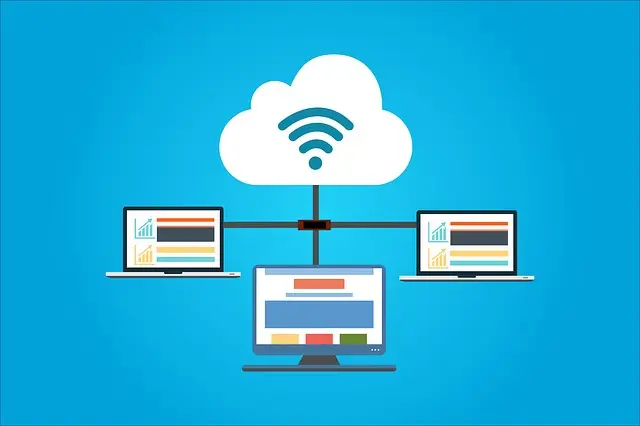
There has been a lot of discussion in recent years about businesses moving to the cloud. But what does this actually mean? And why are so many companies making the switch? In this article, we’ll explore some of the benefits of moving your business to the cloud. We’ll also look at some of the factors that you should consider before making a decision. So if you’re wondering whether or not the cloud is right for your business, keep reading!
What is the cloud?
In the simplest terms, “the cloud” refers to computing services that are delivered over the internet. This includes everything from email and file storage to more complex applications like customer relationship management and data analytics. The benefits of cloud computing include increased flexibility and scalability, as well as reduced costs.
For businesses, this means that they can pay for only the resources they need, and scale up or down as their needs change. The cloud also enables businesses to be more agile, as they can quickly provision new applications and services without having to invest in new infrastructure. As more and more businesses move to the cloud, it is becoming increasingly important for business owners to be familiar with this technology.
What are the benefits of moving to the cloud?
As businesses increasingly move operations to the cloud, it’s important to understand the motivations behind this shift. There are a number of advantages to moving to the cloud, but the three most often cited by business owners are improved scalability, efficiency, and higher levels of security.
With cloud-based applications, businesses can scale up or down as needed, without incurring the significant upfront costs associated with traditional on-premises solutions. This is a huge advantage in a landscape that favours flexibility and the ability to quickly pivot into new areas quickly.
Cloud-based applications are also more efficient, since they can be accessed from anywhere and don’t require local installation or updates. Furthermore, most services can be accessed from equipment that is already owned meaning initial investments are less likely to be needed so long as the minimum requirements are met.
The cloud offers newer and more innovative security features, such as two-factor authentication and encryption, which can help protect businesses from data breaches. Increasingly, business owners are being required to prove compliance with data security laws and cloud services make doing this easy.
As businesses weigh their options for IT solutions, the cloud provides a compelling option with a number of advantages over more traditional services.
Is your business ready for the cloud?
Cloud computing is one of the most transformative technologies of our time. By moving data and applications to the cloud, businesses can enjoy increased agility, flexibility, and scalability. However, making the transition to the cloud is not a decision to be made lightly. Before moving your business to the cloud, it is important to conduct a thorough assessment of your current infrastructure and determine whether your business is ready for the cloud.
There are a few key factors to consider when assessing your readiness for the cloud. First, you need to have a clear understanding of your business needs and objectives. What are your goals for migrating to the cloud? What are your expectations for performance and reliability? Once you have a good understanding of your needs, you can begin to evaluate your current infrastructure. Are your applications compatible with cloud-based platforms? Do you have the necessary bandwidth and storage capacity to support a move to the cloud? Answering these questions will help you determine whether migrating to the cloud is the right decision for your business.
At Westlake IT, we are experts in both assessing your suitability for the cloud, carrying out migrations and ongoing IT support. If you are considering migrating to the cloud, get in touch with our team today for a free consultation.
